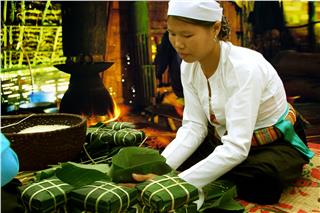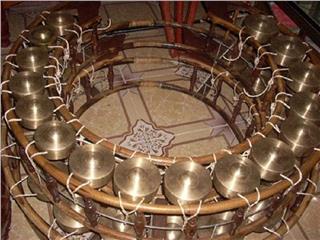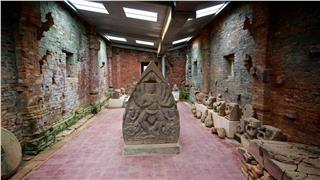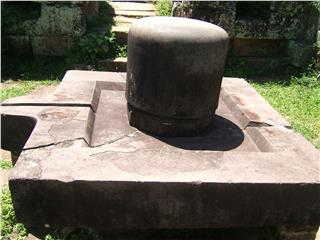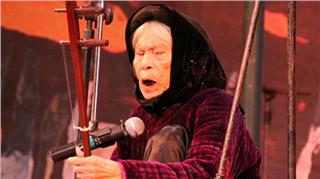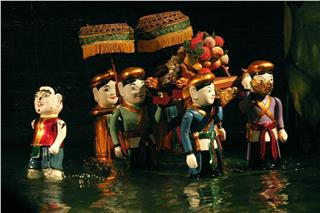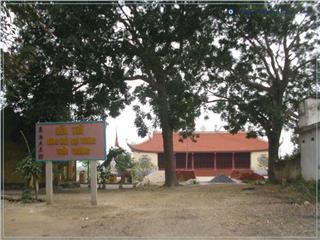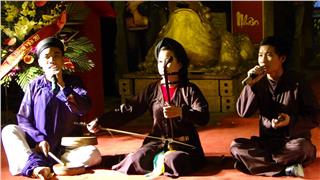The jewelry making art of Vietnam
Thu, 23 Oct 2014 . Last updated Thu, 25 Jun 2015 08:53
-
 Vietnam – The S-shaped country 10092 viewed
Vietnam – The S-shaped country 10092 viewed -
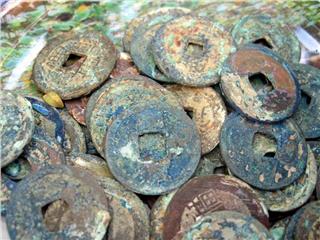 Ancient Vietnamese coins – Episode 1 9425 viewed
Ancient Vietnamese coins – Episode 1 9425 viewed -
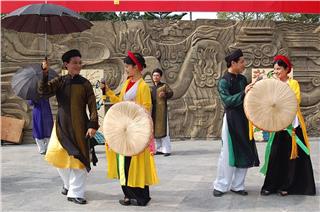 Special cultural features of Quan Ho singing 8586 viewed
Special cultural features of Quan Ho singing 8586 viewed -
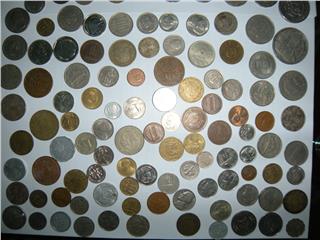 Ancient Vietnamese coins – Episode 2 8399 viewed
Ancient Vietnamese coins – Episode 2 8399 viewed -
 Vietnam History 1858-1945 7168 viewed
Vietnam History 1858-1945 7168 viewed -
 The Vietnamese Proclamation of Independence 6690 viewed
The Vietnamese Proclamation of Independence 6690 viewed -
 Cham Muslims in An Giang 6123 viewed
Cham Muslims in An Giang 6123 viewed -
 Vietnam history 1945-1954 6002 viewed
Vietnam history 1945-1954 6002 viewed -
 Predestined love tie with Ao Dai - Vietnamese long dress 5706 viewed
Predestined love tie with Ao Dai - Vietnamese long dress 5706 viewed
The jewelry making art of Vietnam now is still preserved and developed by talented and devoted craftsmen. Discovering the method to turn some metal like silver and copper into works of art is an interesting experience for anyone.
Dau Bac trade was founded in the 17th century under the early Ly dynasty. “Dau” in Vietnamese refers to meticulously making decorative details from interlaced silver strings. Silver works made in Dinh Cong craft village were famous in the old capital. Many silversmiths in the village were selected to serve the royal family. However, this craft village has faded away with time. Mr. Hieu is among few craftsmen who still cling to the past. Many of his products reach perfection and sees high domestic and international prices.
After we melt the silver, we pour the melted metal into a mold and wait for it to solidify. Then we will planish or flatten the silver. Right after pressing the bar of silver assisted by machine, we move to the next step, turning it into straight completely by hands. This step is not difficult at all but it demands patience. We are going to start the intertwining process, in Vietnamese it is called “xe chi”. After we planish or flatten the silver and then wind the threads together, we will get a thin wire of silver. This step will take you half a day. To make a bracelet, we need 3 to 4 types of threads including the really thin ones, to the ones that have not been roped.
We have the rollers to help is with the planishing process. But the roping process must to be done by hand. These are only the first preparation stages of making a product. To complete a product of “dau bac”, it even takes craftsmen tens of days. They have to work with all the the meticulousness and highly skillful craftsmen make all details on product. Particularly, the good products will not reveal the weld.
Through newspaper, magazines and other media, we know about Mr. Le Van Phu so far considered as the first Vietnamese to create embossment painting on bronze. Particularly, he succeeded in combining fine art and painting. House of Mr. Phu is so small but beautiful, it looks like a painting museum. In 1985, a new craft appeared in Hanoi, it is bronze embossment. The father of this craft is Mr. Le Van Phu. He has significantly contributed to preserving and developing the bronze crafting in Vietnam, particularly the bronze embossment. In1998, he was recognized by the city of Hanoi as the only artisan of this craft.
Born in a family which has had a traditional silver carving, but Mr. Phu studied fine art. Thanks to his study, he knows the importance of content and layout of a bronze embossment painting. Through his study, Mr. Phu created a new craft which is a combination of fine art as well as painting and the techniques of modern painting. For the first time in our lives, we saw bronze images come to life; we understood and appreciated the art intricacy, dedication of artisans like Mr. Phu who has been looking for the next generation to continue their life art day by day.
Source: VTV4 – VTV.vn
- Tags:
- jewelry making art of Vietnam
- bronze crafting in Vietnam
- Dau Bac trade
- traditional crafts in Vietnam
- craft villages in Vietnam

